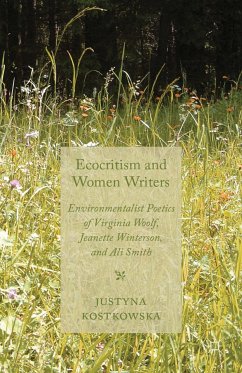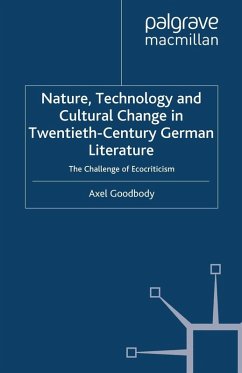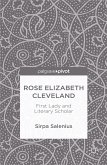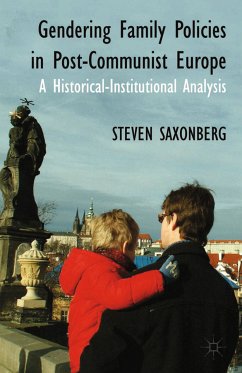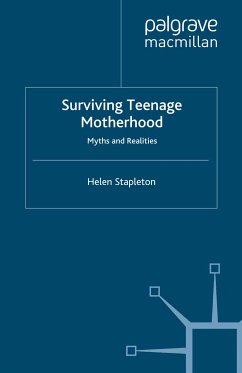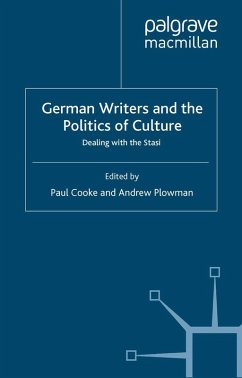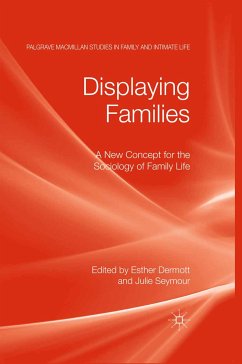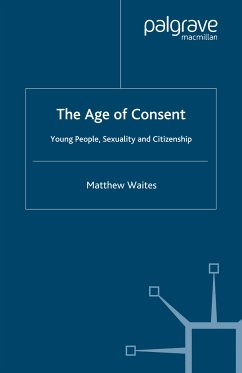Dieser Download kann aus rechtlichen Gründen nur mit Rechnungsadresse in A, B, BG, CY, CZ, D, DK, EW, E, FIN, F, GR, HR, H, IRL, I, LT, L, LR, M, NL, PL, P, R, S, SLO, SK ausgeliefert werden.
'[An] intriguing study... Kostkowska, a professor of English at Middle Tennessee State University, has produced a sophisticated and eclectically argued study of three interestingly interlinked women writers: Virginia Woolf, Jeanette Winterson, and Ali Smith.' Dan Wylie, Partial Answers: The Journal of Literature and the History of Ideas

